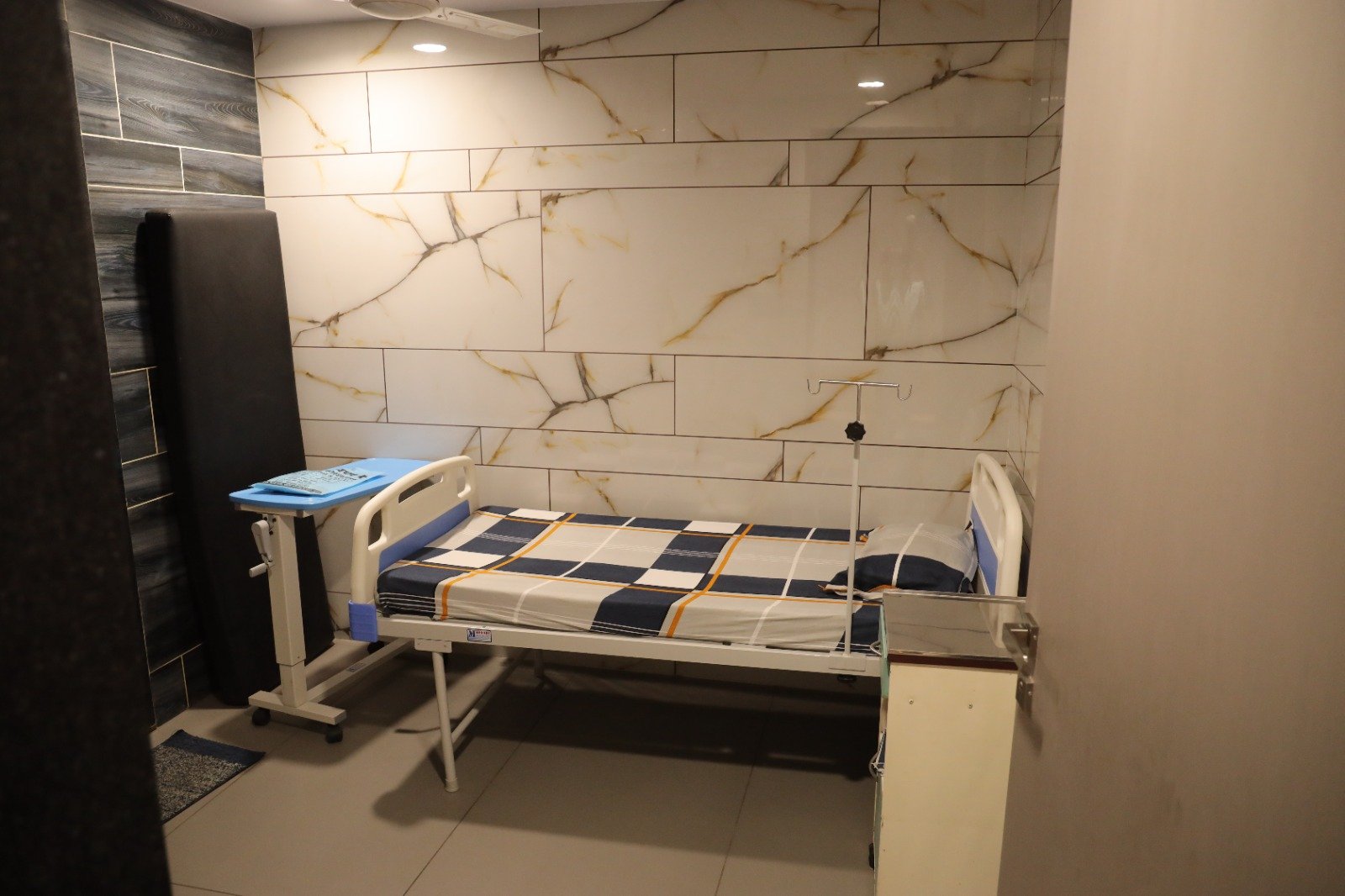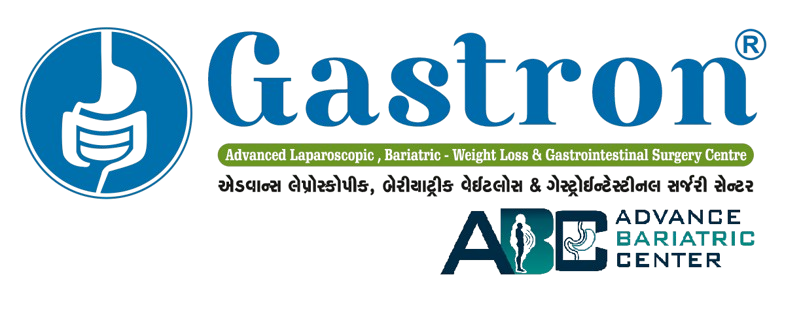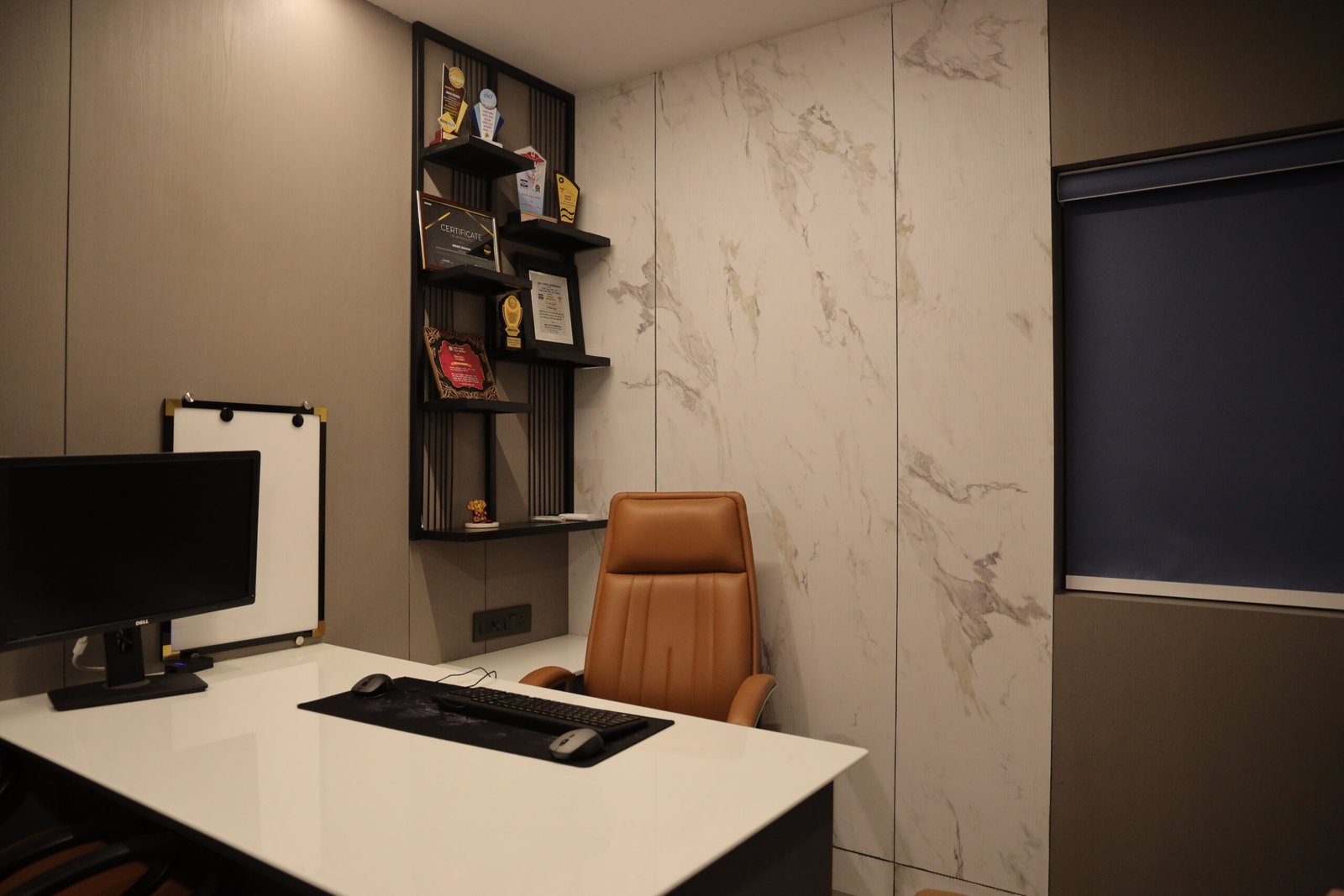What is a Hernia?
A hernia occurs when an internal organ pushes through a weak spot in the muscle or tissue that holds it in place—usually in the abdomen. It can cause pain, discomfort, and swelling, especially when lifting heavy objects, coughing, or standing for long periods.
Hernias do not heal on their own and often worsen over time, making early diagnosis and treatment essential.
Common Types of Hernias We Treat
Inguinal Hernia – occurs in the groin (most common type)
Umbilical Hernia – around the belly button
Incisional Hernia – at the site of previous surgery
Hiatal Hernia – in the diaphragm, linked to acid reflux
Ventral Hernia – in the abdominal wall
Common Symptoms of Hernia
- A visible lump or bulge, especially when standing or straining
- Pain or discomfort in the abdomen or groin
- Heaviness or pressure sensation
- Burning or aching at the bulge site
- In severe cases, nausea, vomiting, or bowel issues
Why You Shouldn’t Delay Hernia Treatment
Ignoring a hernia can lead to serious complications like strangulation, where blood flow is cut off to the trapped organ — a surgical emergency. That’s why timely intervention is critical.






